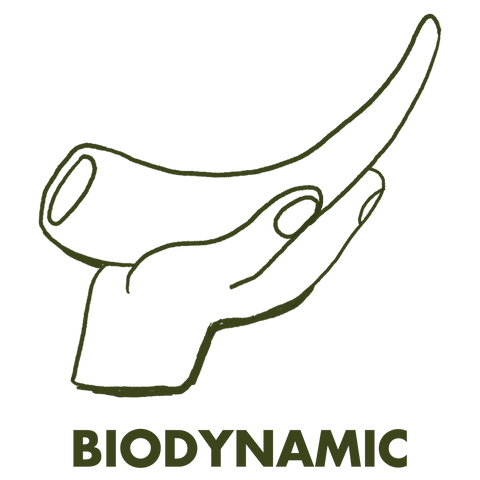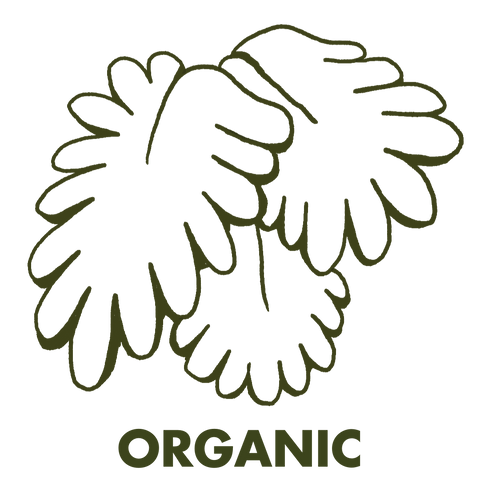
2018 Piollot Père et Fils Champagne Mepetit






WINEMAKER: Roland Piollot & Dominique Moreau
REGION: Champagne, FR
VARIETAL: Pinot Meunier
VITICULTURE: Certified Organic/Biodynamic
"This cuvée from Roland Piollot is composed of 100% Pinot Meunier, but has been direct pressed so that the juice is white and hence is named as a Blanc de Noir (white from black). This term has been designed to signify that the wine has been made from red grapes (even though the juice is red, the colour of the grapes is often closer to black, viz Pinot Noir). Similarly, the term Blanc de Blanc indicates that it is a white wine made from white grapes. The grapes for this cuvee were sourced from the MePetit vineyard which faces south-east and hence has good exposure. The soil is clay made from calcareous rocks (limestone which is quite common in this area) which provide good minerality for the wine.
Note: When we talk about minerality we do not imply that minerals from the soil are transported into the grapes, however with biodynamic and organic soils there is a myriad of life such as bacteria and mycorrhizal fungi which can break down components of the soil into salts and other compounds and pass these through to the vines.
The wine was aged for nearly 3 years on lees and then bottled with no dosage and no residual sugar, hence it can display Brut Nature on the label. The wine was disgorged in October 2021." - Living Wines
Roland Piollot and Dominique Moreau are serious winemakers who are just as serious about the quality of the soil in which their vines grow – they each have their own vineyards and make their own Champagne but help and advise each other.
Roland assiduously attends to his long mounds of organic compost that he prepares with care for application to his vineyard. The vineyard is being converted to biodynamic practices therefore no chemicals are used, no chemical fertilisers are used and no herbicides are used.
Working with his wife Dominique their compost recipe involves starting with the left overs from the press after harvest then adding manure in January, followed by a biodynamic preparation towards the end of winter. Everything in the compost comes from within 12 kilometres of Polisot, including straw and sawdust.
Roland explains that unlike chemical fertilisers, once applied, their home-made slowly-matured compost “brings what the vineyard needs but slowly”. It make more even growth, not a quick burst and they also like the assurance of knowing exactly what we are putting in the vineyards. He also thinks that the vines like the warmth that comes from the compost.
His vineyard is a special place with sweeping views across the valley in which his home village of Polisot nestles. Here ducks swim contentedly in the tranquil upper reaches of the Seine River and vegetable gardens line its banks. It is an idyllic location. The nearest major town is the ancient city of Troyes.
